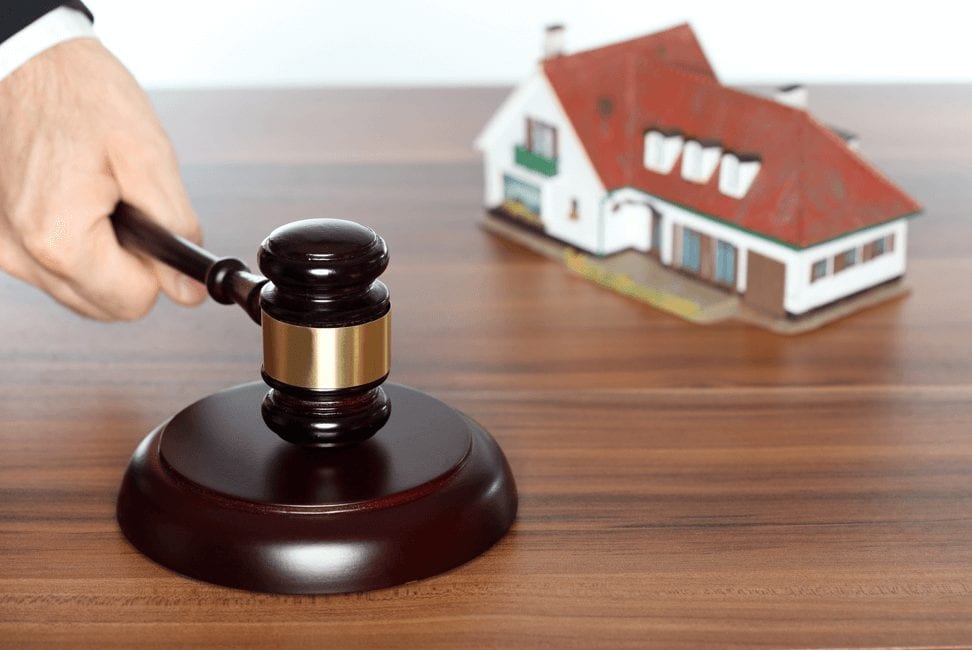
Repossession is when a creditor gains control of property used as collateral for a loan that’s in default. A creditor reserves the right to take away something you own if you violate the terms of the agreement. However, there are rules they must follow. If you’ve failed to make monthly payments, and/or are in default, it can help to have a Los Angeles bankruptcy attorney on your side, who understands state laws for repossessing property.
What Can a Creditor Repossess?
The collateral a creditor can repossess is outlined in the loan agreement. In general, when you default on payments, the creditor can repossess your property without going to court first. The collateral listed on the loan agreement is what the borrower has pledged to help protect the lender. If you fail to issue payments in time, a creditor can repossess your:
- Vehicle: In an auto loan agreement, your car is considered collateral. You must make payments on the loan every month. If not, the lender can repossess the vehicle. Whether it’s a dealer, bank, or credit union, the lender usually doesn’t have to issue advance notification. The car is then sold to recover the balance of what you owe, but you’ll still owe the lender if the sale price doesn’t cover the full loan balance.
- Home: If you miss mortgage payments and go into default, the lender has the right to repossess your home. The process of foreclosure results in losing your home unless your lender agrees to changes in the loan. You no longer have the right to live there, and the lender will sell your home to recover what is still owed on the loan principal. The lender does not have to sue you or obtain a court judgment first.
- Rent-to-own items: Going into default doesn’t only mean missing payments on your loan. The terms of your agreement will outline what will put you in default on a loan for a secured debt, such as not maintaining the appropriate insurance. In addition to cars and homes, repossession is possible for rent-to-own items such as furniture, appliances, electronics, and other belongings you rented with the option to buy.
What Can’t a Creditor Repossess?
A creditor cannot repossess something that hasn’t been named as collateral for your debt. An unsecured personal loan is an example. Even if you secured a personal loan for a car, and the vehicle wasn’t named as collateral, a bank cannot repossess it.
Items purchased with a credit card cannot be repossessed, even if you are late or delinquent with payments. Credit card agreements don’t name any possessions as collateral, so your credit card debt is unsecured. But even if you have property named as collateral on a loan, and the contract doesn’t comply with legal requirements in your state, it is unenforceable. The creditor, therefore, cannot repossess property listed as collateral in that agreement.
However, you don’t need property listed as collateral for a creditor to take action. Even if your loan agreement doesn’t list any collateral, a creditor can sue you to recover what you owe. The process may be carried out in court.
Consult a Top Orange County Bankruptcy Attorney for Advice
If you are facing high debt, foreclosure, or bankruptcy, OakTree Law can provide the best financial options and help you make the right decisions. We help Los Angeles and Orange County clients find debt relief options based on their individual circumstances. Request a free evaluation or call us at 562-219-2979 today to get started.